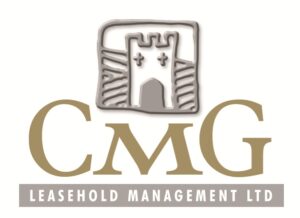Ask an expert for FREE electrical advice
For a quick friendly chat with one of the team, please either call 01242 508000 or fill out this form and we'll give you a call back.
Our Electrical Services
Looking to find a residential electrician for electrical installation in Gloucestershire? DLB Electrical Services is the answer for you! We offer a range of different services for all types of projects, no matter how big or small it is. From simple electrical wiring installation to intricate lighting installations, we've got you covered.
Electrical
Expert design and installation of electrical systems within the domestic & commercial sectors
Inspection & Testing
Reliable and comprehensive inspection and testing of both domestic and commercial premises
Electric Vehicle Charging
Installation, testing and maintenance of domestic and commercial electric vehicle charging ports
Who we work with
Gain peace of mind with electrical solutions tailored to your unique needs. The satisfaction of our customers is our first priority, and we've offered specialised solutions to help meet their particular needs. Discover how our innovative approach can optimise your electrical systems for maximum efficiency and safety.




